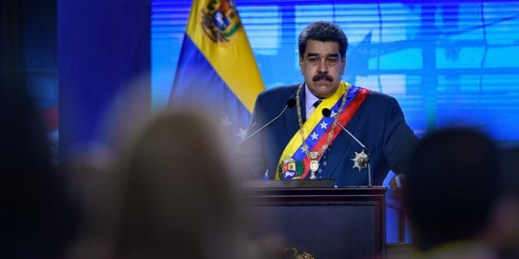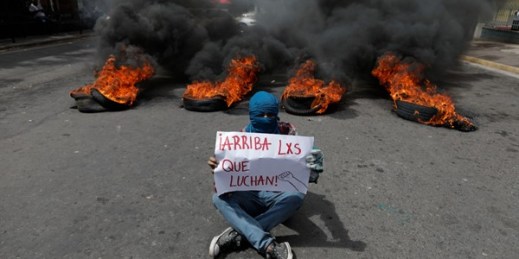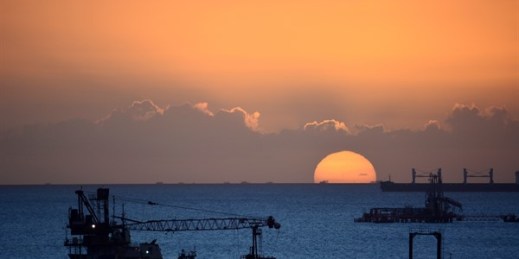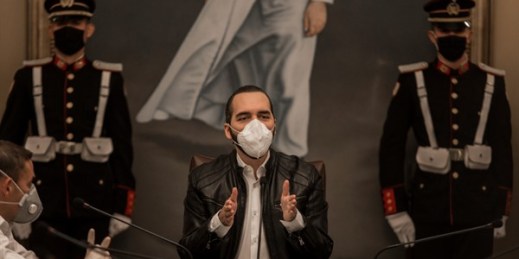
Throughout former President Donald Trump’s four years in office, he made opposition to Venezuelan President Nicolas Maduro central to U.S. policy toward Latin America. That “maximum pressure” campaign largely rested on progressively tighter sanctions against the Maduro regime, with the goal of forcing his ouster in favor of opposition leader Juan Guaido, the former head of the National Assembly whom the U.S. and more than 50 other countries recognized as the country’s valid interim president. This hard-line policy toward Venezuela was a rare show of support for democracy by the Trump administration, and it played well among politically important voting […]



